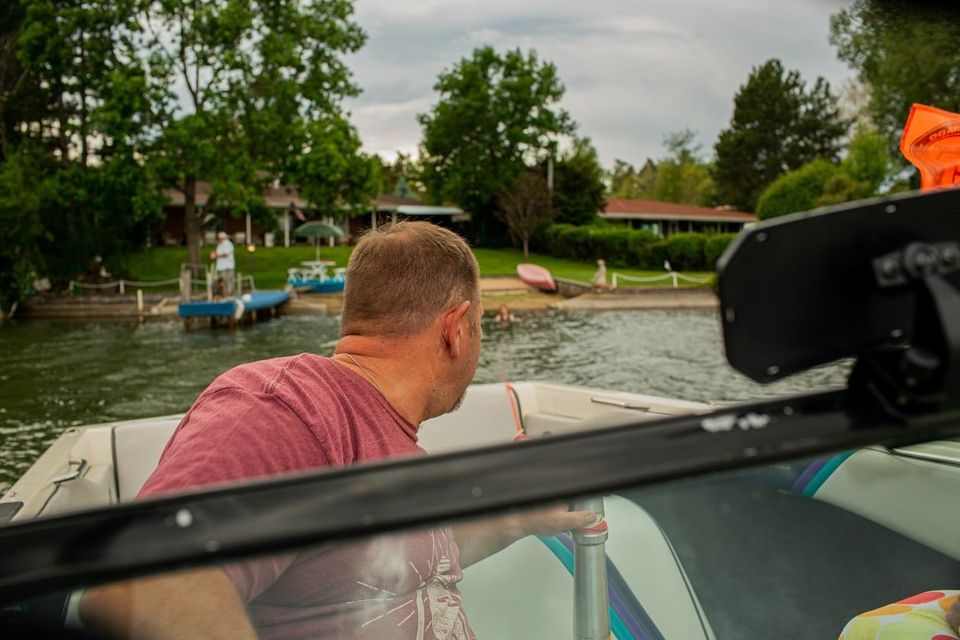Boating Under the Influence Laws in Georgia for 2016

Excessive alcohol consumption might be tolerated by swimsuit-clad boating enthusiasts, but it is nonetheless severely illegal and can result in serious criminal ramifications. The Georgia Department of Natural Resources (DNR) patrols public lakes and waterways on the lookout for impaired boaters. If DNR officials stop a vessel, then the driver is subject to a breathalyzer test, full search of the boat, and arrest. Boaters over the age of 21 are unlawfully operating a watercraft after their blood alcohol content exceeds .08% or they otherwise show signs of significant impairment. This rule applies to motorized boats, pontoons, sailboats, jet skis, and other personal watercraft.
Penalties and Fines
Those that are arrested and convicted of a BUI charge will lose their ability to operate a vessel until they have completed a Drunk Driving or Risk Reduction Program. Boaters can also face fines up to $1,000 and could be sentenced to a maximum 12-month prison sentence. If minors under the age of 14 are also onboard the boat, then the driver could face additional charges for endangerment of a child.
Can boaters refuse a chemical test?
Any boater that is suspected of boating under the influence is expected to comply with Georgia’s “implied consent” rule regarding chemical alcohol screenings. At the same time, no boater is legally required to give consent to this test. The DNR does state that individuals who refuse to give consent to a breathalyzer exam will face an immediate revocation of their boating privileges and their refusal to undergo a screening can be used as evidence in court.
Of course, even if a boater does refuse a BUI test, other forms of evidence can still be submitted, like video footage from the officers or open alcohol container bottles onboard the vessel. Unlike on public roadways, law enforcement officers do not need probable cause or reasonable suspicion to conduct a stop for a boat. Safety checks or registration requests are permitted as legal and constitutional stops by Georgia courts.
How can an attorney help?
Defending yourself against a BUI conviction can be a difficult undertaking because many of the legal protections that apply to drivers do not carry over to public waterways. Though the penalties and punishments can be just as harsh, a lawyer needs to be extremely familiar with DNR regulations, not DMV rules.
Through the first nine months of 2015, DNR officials had issued nearly 200 citations for boating under the influence, so it is an extremely common scenario for boaters to get involved in. To reinstate a boating license or to appeal a suspension, individuals must file a report within 10 days of the incident with the help of a licensed Georgia attorney. Later on, it can also be difficult for a defendant to overcome aggressive prosecution in the name of public safety.
If you have been charged with boating under the influence or want more information about Georgia BUI laws, contact a legal advisor at The Law Office of Samad K. Mubeen today .
